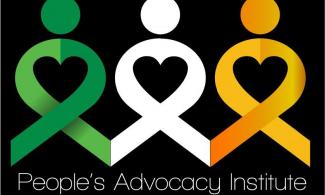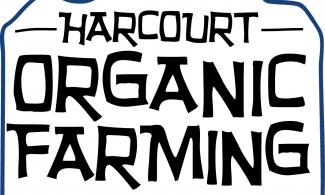Ag Co-ops 101
Growing up, I remember my dad and other farmers talking about the local co-op. It was usually in reference to selling grain or buying fertilizer, pesticide, or other crop inputs. To me, a co-op was a place. A place where farmers purchased supplies or sold their crops. I thought it was similar to the local tractor dealership or any other physical place where farmers do business. It wasn’t until I was in college that I realized that a co-op was more than a business where farmers purchase supplies or sold crops. It was, in a way, their business.




